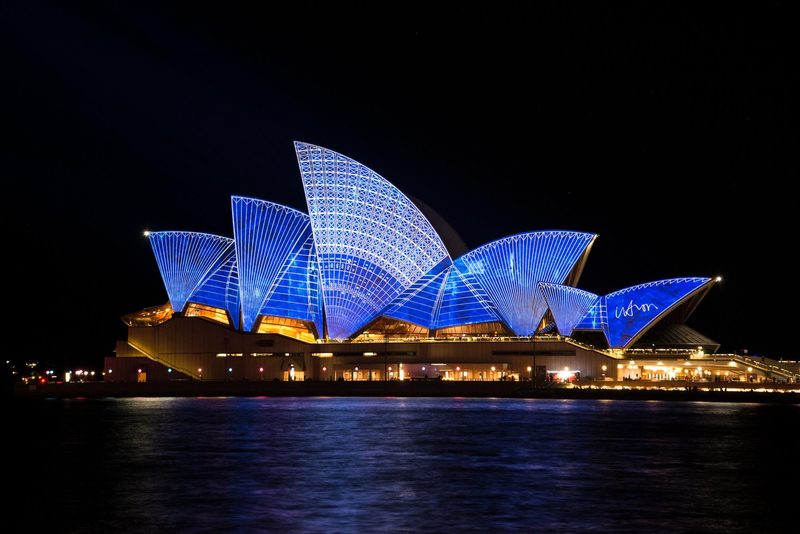

A “neat and tidy” flat?! Beggars can’t be choosers, you know. lower your expectations, Rose.


A “neat and tidy” flat?! Beggars can’t be choosers, you know. lower your expectations, Rose.


Lemmy allows editing the post link, so if you find the normal Guardian link then please update this post.


Yeah, this slogan is derivative of the classic “My body, my choice”, but I don’t see a problem with that. It’s alluding to the those themes of autonomy and rights, in a different context.


Can you please share links to China’s homelessness statistics? Maybe my search engine is junk because I’m struggling to find any information later than 2011 (before some of the efforts to reduce it).


google (verb):
- To search for (something) on the Internet using any comprehensive search engine.


It would be great if we had laws which stopped people from doing that (both our own citizens and foreign). I want landleeches to scatter from here just like they did from China. No home for house hoarders.


They make a good point about these being useful in camping and disaster relief situations as portable lightweight power generation. Perhaps they could be effective integrated into window roller blinds, making use of the light we try to shut out.


Honestly, with news like that the title doesn’t do it justice (as appropriate as it is). I’d pick something more like “Labor Party members revealed as corrupt union gang”, or “ALP loots hundreds of thousands from CFMEU”.
Labor has justified suspending industrial law and union democracy, claiming that the appointed CFMEU administrators are independent and acting in the best interests of union members. However, documents leaked to Jacobin by the “Defend the Unions, Defend the CFMEU” rank and file group directly contradict these claims. According to payroll documents covering the period between August 1 and September 30 this year, the bulk of CFMEU administrators are career Labor Party operatives. Administration started in mid-August, and for roughly one month, they paid themselves over $170,000, taken directly from union coffers.


Hi OP, when quoting the article in your post, it’s helpful to use the quote formatting to show us you’re giving quotes and not just supplying additional commentary.
Writing: > You need to only look at the modern crossbench
becomes:
You need to only look at the modern crossbench


This article is very clear and to-the-point. Thanks for sharing.
In order to ensure the administrator doesn’t run wild, the administrator has to be satisfied that the administrator is acting in the interests of members.
Great system.


When we’re talking about ads and media, I highly recommend reading the relevant chapter in Manufacturing Consent (PDF version can easily be found for free online).
But really, intuition will get you the raw basics: using the ad revenue model gives the advertiser control over a media outlet. If media truly ‘need gambling ads’, then this implies they cannot afford to lose them. So, they therefore cannot offend the gambling industry or especially the companies advertising with them. And therefore, they are pressured into media bias, into failing to be critical of an obviously harmful, corrupt industry dealing in addiction manufacture AND laundering at the same time!


Didn’t know there was such thing as too much. For me it’s a nice warm soup.


Haven’t checked the official .gov What’s On site in a while, but it’s always good for a quick look if nothing else is on.


Randwick Mayor Philipa Veitch has addressed protests at the University of New South Wales (UNSW) and outside the offices of US arms manufacturer Lockheed Martin in Matraville.
A few councils and senators have been standing up on this issue and it’s great to see elected officials getting involved and not afraid to take stances. Veitch is a Greens member, so they have party support there, but it’s still nice and encouraging to see some support within certain governments (despite my reservations with current electoral politics).
Greens and Labor councillors combined to vote against the motion, which was defeated by 10 votes to five.
The motion was amended to remove the vote of no confidence and became a motion condemning anti-Semitism and Islamophobia and acknowledging the council’s role in promoting community cohesion.
I wonder what that means in practice, will supporting human rights protests like this violate “the council’s role in promoting community cohesion”?
[Liberal councillor who launched the motion] Cr Rosenfeld told ABC Radio Sydney local politicians should leave international affairs to the federal member. “We’re in the local sector of government, not the federal sphere,” he said.
hahaha this is just silly. Of course a local politician should be allowed to care and engage with international politics. Particularly in Randwick, one of the areas with a major university involved in the war effort (e.g. weapons manufacturers connections to campus), their local area is relevant to international affairs so they shouldn’t just block their ears and offload responsibility because it’s over 10 kilometres away.


The video does touch on this wrt. the South Australian proposal, they give a few explanations and critiques of how well it does this.


I’m glad the video covered some good points, I recommend viewing or at least skimming, instead of knee-jerking at the title.
One of the big issues with political donations, being a form of capital influencing politics, is that people with more available capital can have more influence. On an idealist level, this contradicts some expectations we might have of a democracy with fair representation, like the ideal of one-person-one-vote. But looking at present conditions rather than ideals, we have to consider wealth inequality: I’m no expert but I think it says a lot that in 2023, the Australia Institute claimed “Ninety-three per cent of the gains from economic growth have gone to the top 10 per cent of income earners. The rest of us — the bottom 90 per cent — have only got 7 per cent of that economic growth.” (also note, “the top 10 per cent of income earners get a lot of their income from profit”, whereas the bottom 90 per cent mainly get it from wages. The importance being they have very different political values and priorities to most workers.) So, we can see that even though the worker class vastly outnumber the owner class who make money from profit, their capital and therefore ability to influence politics, even as individuals rather than interested corporations, far outbalances the masses even if we were somehow all aligned.
When some parties have enough funding for constant print, internet and television ads while others are basically unknown by most until election day, it’s a shame. Look at Clive Palmer as an example of disproportionate funds, although the same applies to the big parties even if we’re so used to it. I’ve seen some countries give free airtime (maybe 5 or 15 minutes?) for every party or candidate to explain their platform, I think that’s a great idea at the least to reduce unfair advantage.
Another reason for removing lobbying is that I’d rather my union (for example) not waste their money on it. In a recent survey they did, one of the questions was what priorities do we think the most of their money should be spent on, and one of the options is lobbying the Labor Party. It’s just a coping mechanism for putting their preferred party ahead in a broken system.
I think it’s nice to see that that the proposed South Australia laws also acknowledge the status quo and in some cases give some advantage to newer parties which don’t have all the seats and existing exposure of the main parties.


Even wins which are on-the-grand-scale symbolic are important demonstrations of what can be done. Take the port actions against ZIM - economically and logistically, the direct impact was a blip. However, they showed that the community can stand side by side in solidarity with union workers taking industrial action. This has a real effect on workers in the industry (and there are reports workers still insider were taking go-slow actions against ZIM) and can translate across to other industries like weapons manufacture. These actions also highlight that Australia isn’t irrelevant: this country is making critical bomber jet components, trading with the Zionist Regime, diplomatically failing to adequately counter the genocidal invasion. There are actions we can take, and if those small actions can grow and snowball, then we can become a meaningful catalyst for change, like we were during South African apartheid and the Vietnam War.


HMAS SYDNEY CONFIRMED?!


This historical context is important, and something we might take for granted.
On the other hand- in the age of the internet - Why we aren’t voting online over party membership, platform and policy decisions beggars belief.
Direct democracy is a neat area of exploration, and there’s been great theory on how to securely and anonymously implement verifiable voting systems. There are some major implementation problems with online voting whatsoever from a security perspective, but nonetheless I think direct democracy a good system to aim for, especially seeing the gap in (e.g.) the Labor Party policy internally between the members and the leadership.
Nobody is excluded from contributing to legislation. At least we must all chose a party every four years.
In a way, yes, although I also believe that contribution is extremely limited and astronomically overshadowed by capital (see things like lobbying and mass media bias) making direct action and indirect pressure necessary to represent the worker class.
No no no, you see, they can quit and risk starvation any time they want! It’s totally different! Fine! Ethical!